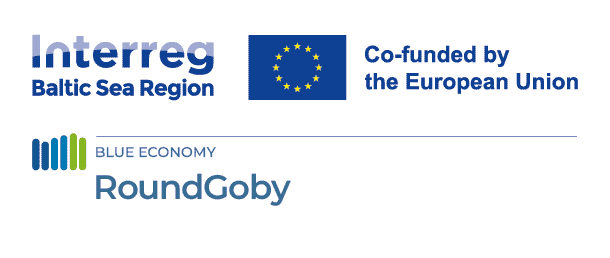
Pilot 5 - Develop canned, minced round goby products
01 October 2024
The seasonal fluctuations in round goby fishery necessitate the production of long-lasting products, such as canned goods. To address this need, experts from KTU and Balitjos Konservai will work to create new canned products made from minced round goby meat.
Pilot owner: Kaunas University of Technology
Participating partners: Baltijos Konservai, TFTAK, GMU
Method:
The product ingredients and recipe will be developed by our partners KTU and Baltijos Konservai. Round goby will be mixed with different ingredients to achieve a nutritious and tasty product. Taste panels in Lithuania, Poland, Latvia and Estonia will give their verdict on taste, smell and consistency and results will be evaluated according to acceptance and preferences. The aim is to then scale up the production of canned products to become a commercially viable product.
Shelf-life studies will also be conducted on the test samples of the novel canned round goby products to identify chemical and microbiological risks.
Progress (April 2025):
Following the initial product evaluation in autumn 2024, further trials were carried out to enhance the sensory quality and consumer acceptability of the canned minced round goby. Bone-softening techniques were refined using controlled heat and pressure treatments, and various fat sources were incorporated to improve texture and mouthfeel. Several product variations were developed and underwent internal sensory screening at KTU in early 2025.
In March 2025, the most promising formulations were selected and submitted for sensory evaluation by personnel from the State Food and Veterinary Service of the Republic of Lithuania, which was conducted on 9 April 2025. Based on the feedback received, recipes were further adjusted to improve product acceptability and ensure alignment with regulatory expectations. These updated samples are now being prepared for transfer to TFTAK for external sensory evaluation.
In parallel, discussions with Baltijos Konservai were initiated to evaluate the technical and economic feasibility of scaling up the selected prototype, with the goal of launching an industrial pilot production in the second half of 2025.
Interactive map showing pilot locations. Use the arrow keys to move the map view and the zoom controls to zoom in or out. Press the Tab key to navigate between markers. Press Enter or click a marker to view pilot project details.





